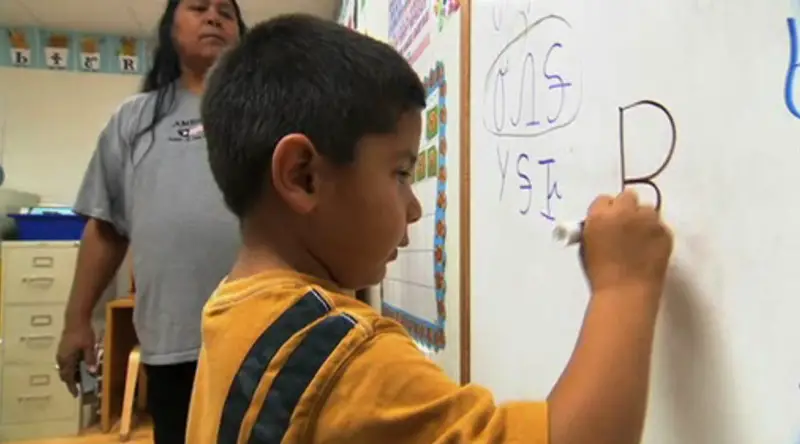A teacher once asked his students why they referred to their native language as their mother tongue and not father tongue. One student replied, “That is because in our country fathers hardly ever get to speak.” The term ‘mother tongue’ is based on the notion that the language skills of a child are mainly honed by the mother therefore, it is the primary language that the child will speak. However, this notion is not true. The term ‘mother tongue’ was coined by Catholic monks, who used the term to refer to a language which they used instead of Latin when they were speaking at the Pulpit. This term was then spread by foreign missionaries to other Christians under their colonies, mainly during the 18th and 19th centuries. In some countries such as Kenya and India, the term ‘mother tongue’ is used to refer to the language that is spoken by an individual’s ethnic group, rather than the first language spoken by the individual. This is regardless of one’s proficiency in their mother tongue.
Mother tongue can also be referred to as the first language, native language or arterial language. It is the language that an individual learns from birth or at the critical period when a child is learning how to speak. It is the language that most people learn best therefore, it is used to define the socio-linguistic identity of an individual. In some instances, it is possible for a child to learn more than one mother tongue. This mostly happens when the child’s parents speak two different languages. In such cases the child becomes bilingual or multilingual, if they learn more than two languages. This mostly happens in countries such as India, South Africa and Malaysia.
A father tongue is any other language besides the mother tongue language that is spoken fluently within a community. For instance, the Spanish language is a father tongue to the Phillipinos. Father tongue can also be referred to as a second language. The order in which a mother tongue and father tongue are learned does not denote the speaker’s level of proficiency. A lot of individuals are more proficient in speaking and writing their father tongue rather than their mother tongue.



